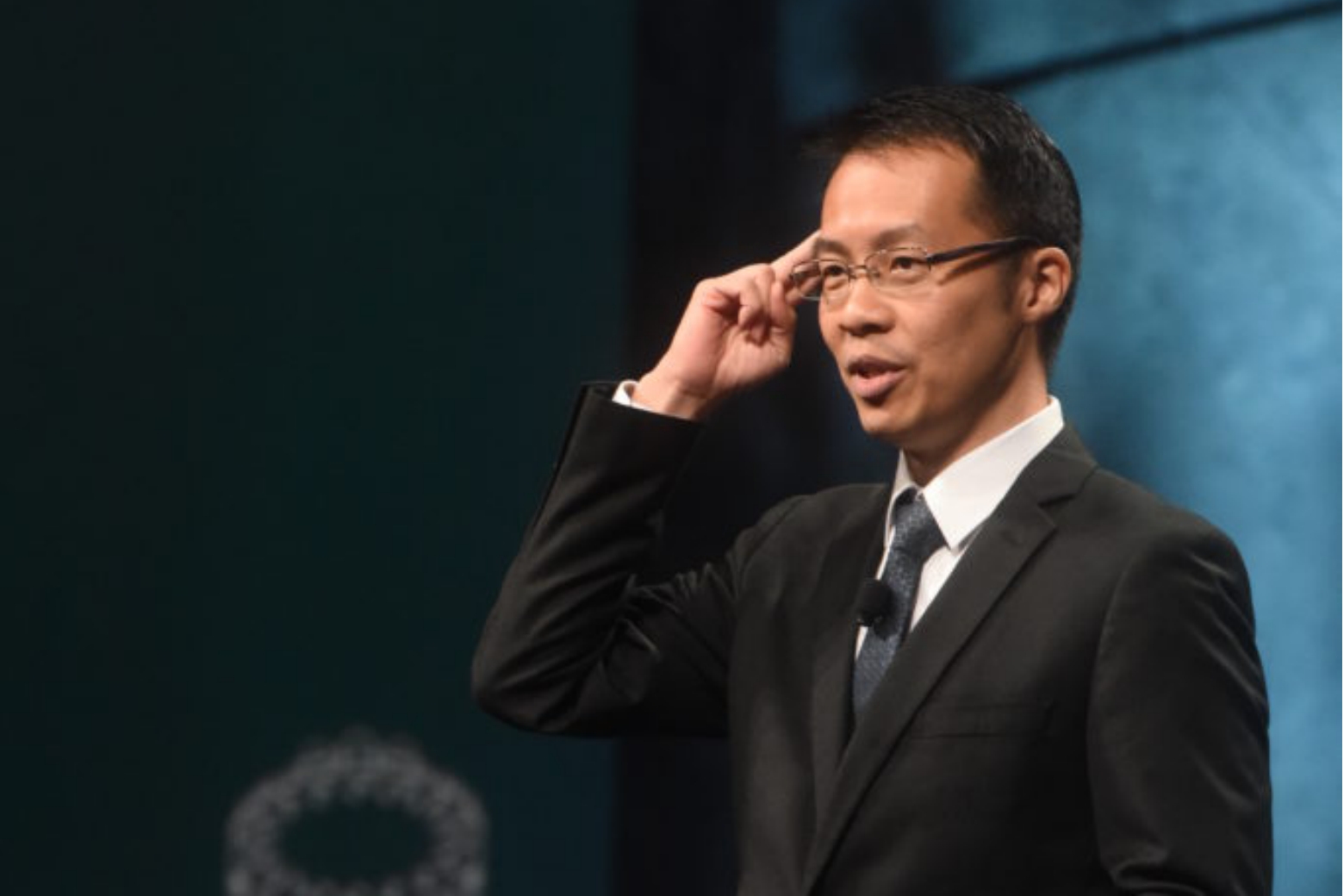BRANDED CONTENT
Personal finance 101: How to create a holistic financial plan and stick to it
You should first develop a comprehensive blueprint before you think about growing your money, says expert

The first step to creating a comprehensive financial plan is to identify your goals.
PHOTO: GETTY IMAGES
Financial planning can be perceived as complex and overwhelming.
Are you saving enough for retirement? Do you have adequate insurance coverage? What about your emergency fund – can it tide you through unexpected events in life?
“A common question that many people have when it comes to financial planning is ‘Where do I start?’” says Mr Gregory Fok, senior director, financial services, Manulife Financial Advisers.
Having been in the industry for over 18 years, he shares that financial planning used to be “much simpler”, especially when it comes to retirement savings.
Today, we are living longer lives. Singapore Department of Statistics figures show that the average life expectancy of Singapore residents at birth was 83.5 years in 2021 – up from 76.1 years in 1993.
“As people live longer, many realise the need to ensure they have enough money to sustain their current lifestyles for retirement, which could span as long as two decades, or even more,” Mr Fok, 44, says.
The latest Manulife Asia Care Survey 2023 published in March also revealed that on average, Singapore residents expect to retire at the age of 62. About 63 per cent of respondents said that their top personal finance goal is to save up for retirement.
The study, which polled 1,037 Singapore residents, was conducted between late December 2022 and early January 2023. It covered 7,224 respondents aged 25 to 60 in seven markets across Asia.
Taking a step back to plan
As financial planning evolves to become more multifaceted, says Mr Fok, there is a need to take a holistic approach. But what does that look like?
“In the past, people would purchase insurance or investment products individually. That is akin to buying different types of furniture, putting them in the same house, and hoping they fit together,” he says.
The first step to holistic financial planning is developing a blueprint. “Rather than jumping straight into buying the financial products, you start by laying the foundation,” Mr Fok says.
He advises: “Write down a comprehensive financial plan detailing your views on money, your goals, as well as the actionable steps you will be taking in the long, medium, and short term.”
This plan can be especially useful, he says. “It can help prevent you from making emotional decisions in the short term, such as withdrawing investments for travel expenses or house renovations.
“By having a document that reminds you of why certain financial choices were made, it’s easier to keep your eyes focused on your long-term goals.”
Personal finance 101
Financial planning doesn’t have to be complicated. Mr Gregory Fok, senior director, financial services, Manulife Financial Advisers, shares three simple steps on how to get started:
- Identify your financial goals
- Understand where you stand now, financially
- Develop a plan to work towards your goals
It helps to work backwards and break down the process into smaller steps, he says.
“For example, if you want to achieve $1 million for retirement at the age of 65, then you can look at how much you have now and calculate how much more you need to save or invest per month. This monthly sum will look less overwhelming compared with the final sum of a million dollars.”
Mr Fok also recommends using digital financial planning tools such as housing, investment and retirement calculators to figure out how much you need.
Grow your wealth and protect yourself
The Manulife survey found that the majority (81 per cent) of Singapore respondents are relying on cash savings or bank deposits to achieve their financial goals.
Mr Fok cites “under-investing” as one of the biggest mistakes that many people make. “They have the misconception that all investments are risky.”
“The reality is that generating two to three per cent each year through interest rates in bank accounts is definitely not enough to help you catch up with the inflation rate,” he says.

In Singapore, core inflation – which excludes private transport and accommodation costs – was at 5 per cent year-on-year in March, lower than February’s 5.5 per cent. But the Monetary Authority of Singapore expects core inflation to stay elevated for the next few months, before easing more discernibly in the second half of the year.
Since retirement planning is a process that spans decades, it’s important to take a long-term view, says Mr Fok.
He cites a general rule-of-thumb: “Everyone needs to have an emergency fund that covers about six to 12 months of their salary. After achieving this, they can then start investing about 20 per cent of their monthly income towards long-term financial goals.”
Another key piece of the financial planning puzzle is ensuring that you have adequate insurance coverage. Mr Fok shares the two “must-have” insurance plans: Personal accident (which covers your medical expenses and loss of income that arise from an accident), and hospitalisation (which reimburses your medical expenses, treatment bills, and hospitalisation costs).
“Our health changes over time, and you never know when you will fall sick or experience a health scare. Ensuring that you have a proper insurance coverage in place for unexpected events is of utmost importance,” Mr Fok says.
You should also consider having a critical illness plan, says Mr Fok. These policies typically provide a lump sum payout if you are diagnosed with a critical illness, such as major cancer, stroke, and heart attack.
This is the second of a nine-part series titled “Your wealth and well-being”, in partnership with Manulife Singapore.


